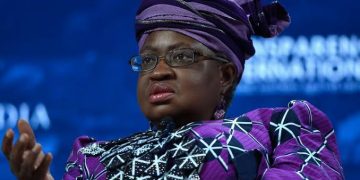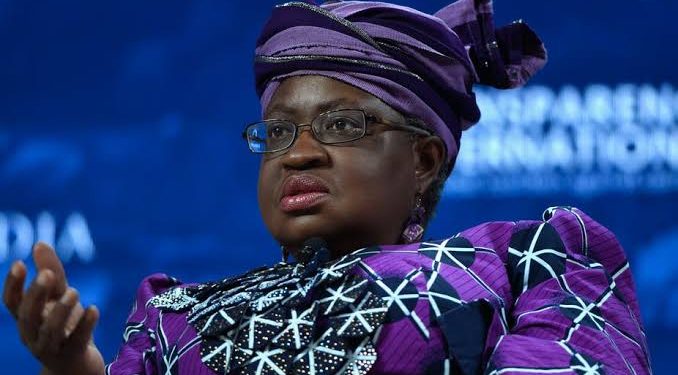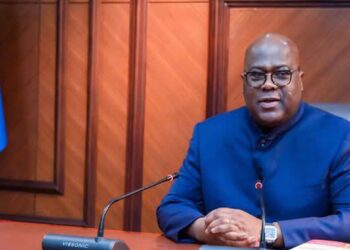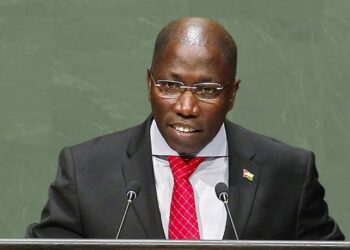By Ebi Kesiena
The World Trade Organisation’s (WTO) Informal Working Group on Trade and Gender is reinforcing its commitment to gender equality by launching a new edition of the International Prize for Gender Equality in Trade and initiating consultations for its 2025-2026 work plan.
These initiatives were announced during a recent meeting, where members also explored potential gender-focused outcomes for the WTO’s 14th Ministerial Conference (MC14) in 2026.
Co-chaired by Ambassador Clara Delgado of Cabo Verde, Ambassador Patricia Benedetti of El Salvador, and Ambassador Simon Manley of the United Kingdom, the group highlighted key achievements in 2024. These included securing explicit references to trade and gender in the Abu Dhabi Ministerial Declaration, introducing a trade policy tool to enhance financial inclusion for women entrepreneurs, and strengthening gender integration within WTO bodies.
The IWG also confirmed the launch of the second edition of the International Prize for Gender Equality in Trade, which recognises WTO members and observer governments for implementing impactful, gender-responsive trade policies. Several WTO members presented their gender-focused trade initiatives during the meeting.
The United Kingdom emphasised its commitment to embedding gender equality in free trade agreements, such as the UK-New Zealand Free Trade Agreement and the UK-Japan Comprehensive Economic Partnership Agreement. These agreements include mechanisms for collecting gender-disaggregated trade data and monitoring trade’s impact on women. The UK also underscored the importance of engaging trade associations and women entrepreneurs in shaping trade policies.
Australia introduced its International Gender Equality Strategy for a Safer and More Prosperous Indo-Pacific and the World. Developed through extensive consultations with over 600 stakeholders, the strategy aims to reinforce gender commitments in WTO negotiations and other global trade discussions.
Mexico showcased its collaboration with the Global Trade and Gender Arrangement and the WTO Secretariat in organising a capacity-building workshop. This event brought together experts, government officials, academics, and women entrepreneurs to explore strategies for integrating gender considerations into global trade frameworks.
Additionally, the International Trade Centre provided an update on the Women Exporters in the Digital Economy Fund, a joint WTO-ITC initiative launched at MC13 to support women-led businesses in the digital economy.




































